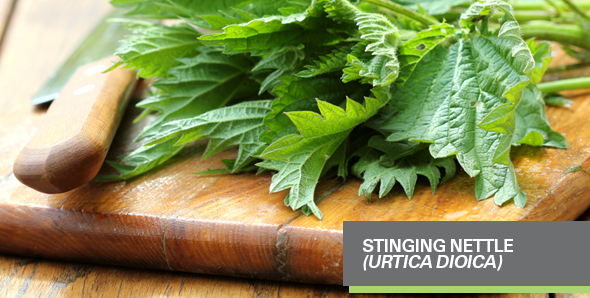
A European culinary favorite, Stinging Nettles spinach-like greens are remarkably nutritious. One cup of Nettle is abundant in calcium, iron and zinc, and contains ample amounts of magnesium, copper, selenium and potassium plus vitamins A and C.
A portal for functional health topics and news.

A European culinary favorite, Stinging Nettles spinach-like greens are remarkably nutritious. One cup of Nettle is abundant in calcium, iron and zinc, and contains ample amounts of magnesium, copper, selenium and potassium plus vitamins A and C.
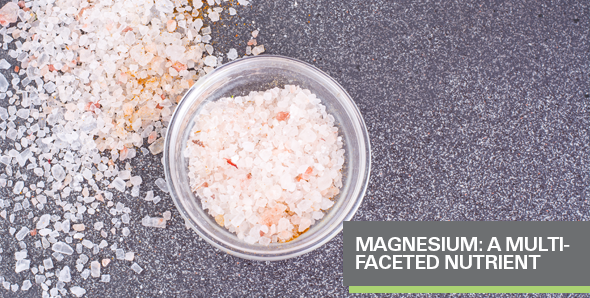
Recognized for its role in bone structure and proper function of nerves and muscles, Magnesium has a multi-faceted role in disease prevention and health promotion. It is necessary for almost every chemical reaction that takes place in the body!

Kimchi (aka kimchee or gimchi) is a traditional fermented Korean main dish made of vegetables with a variety of seasonings. It is often described as spicy and sour. There are hundreds of varieties of kimchi made from napa cabbage, radish, scallion, or cucumber as a main ingredient. In traditional preparation, kimchi is fermented in jars stored underground for months. Here's a kimchi recipe to try at home.
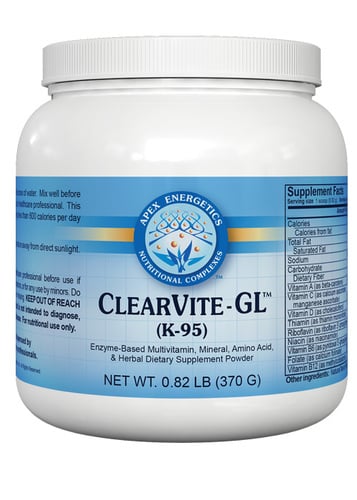
ClearVite-GL™ (K95) is based on on our popular ClearVite™ formula and is designed to offer gastrointestinal and metabolic support.* This formula includes the powerful combination of hypoallergenic nutrients, amino acids, and minerals that our other ClearVite™ products have, but excludes sources of rice and pea protein for those with sensitivities to grains or peas, or who require low carbohydrate content.* It also contains no sugars, which makes it ideal for anti-yeast diets.* ClearVite-GL™ is also intended to support liver detoxication and chemical biotransformation with targeted nutritional cofactors.* It offers a pleasant, fruity flavor.
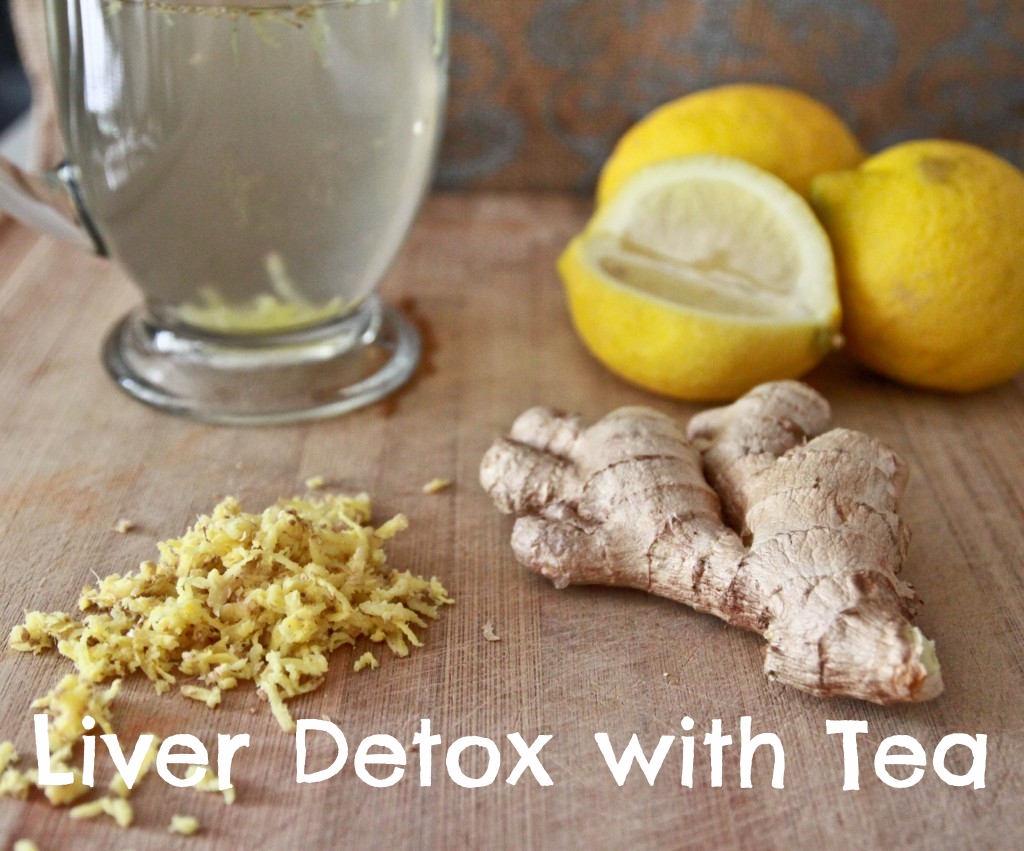
By Gene Bruno, MS, MHS, RH(AHG)
In her 1962 groundbreaking book Silent Spring, Rachel Carson wrote: “For the first time in the history of the world every human being is now subjected to contact with dangerous chemicals, from the moment of conception until death.” Of course humans have always been exposed to potentially harmful chemicals from plants and other sources, but Rachel Carson’s point is well taken. Modern living exposes all of us to an unprecedented number of chemicals on a daily basis. This includes environmental toxins such as heavy metals, pesticides, industrial compounds and chemical byproducts, medications, cosmetic additives, inorganic chemicals, etc. These chemical substances which are foreign to the biological system are referred to as “xenobiotics.”

By Gene Bruno, MS, MHS
In her 1962 groundbreaking book Silent Spring, Rachel Carson wrote: “For the first time in the history of the world every human being is now subjected to contact with dangerous chemicals, from the moment of conception until death.” Of course humans have always been exposed to potentially harmful chemicals from plants and other sources, but Rachel Carson’s point is well taken. Modern living exposes all of us to an unprecedented number of chemicals on a daily basis. This includes environmental toxins such as heavy metals, pesticides, industrial compounds and chemical byproducts, medications, cosmetic additives, inorganic chemicals, etc. These chemical substances which are foreign to the biological system are referred to as “xenobiotics.”
The good news is that the body was designed to detoxify and excrete xenobiotics. The bad news is our bodies may not always be equipped to handle the volume of modern, environmental pollutants and toxic substances. This problem may be exacerbated by the fact that the refining of many of our foodstuffs has caused them to provide considerably less of the nutrients that are essential to the detoxification process.1 2

By Gene Bruno, MS, MHS – Dean of Academics, Huntington College of Health Sciences
Cholecystokinin (CCK) is a very interesting neuropeptide that has a great benefit to anyone who is trying to lose weight. CCK is produced by special cells in the intestinal wall in response to a meal that contains some fat. Basically, it causes bile and pancreatic enzymes to be released for fat digestion. Besides helping fat digestion, research has demonstrated that CCK also causes a reduction in food intake in several species, including humans.1 In other words, it helps you to control your appetite; clearly an advantage if your trying to eat less and reduce body fat.
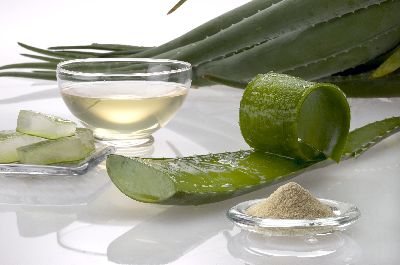
Aloe (Aloe barbadensis, A. spp.)
By Art Presser, PharmD - President, Huntington College of Health Sciences
Smart SupplementationTM is a free series of educational literature created by Huntington College of Health Sciences (HCHS) as a public service. Although copyrighted, it may be freely photocopied and distributed, but may not be altered in any way. Smart SupplementationTM is not intended as medical advice. For diagnosis and treatment of any medical condition, consult your physician.
Background:
Aloe Vera is a succulent member of the lily family, originating in Africa, where most of the genus Aloe is indigenous. The name Aloe is from the Arabic alloeh, or Hebrew halal, meaning a shining bitter substance. The inner leaf contains a slimy gel used in medicines and cosmetics. The outer leaf tissue contains the yellow bitter juice which is known as aloe drug or “bitter aloe,” and is used primarily as a laxative. Today, Aloe is commercially grown in the Southwest and Mexico.
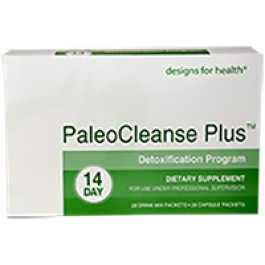
PaleoCleanse Plus™ is a comprehensive, science-based nutritional program designed to support safe and effective detoxification. This is accomplished by providing the nutrients needed to support and balance phase I and II metabolic pathways and to promote healthy liver function and elimination.* Everything is consolidated into packets to make the program easy to follow and to ensure that individuals on the program do not miss any necessary nutrients.
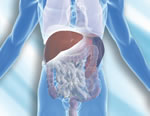
By Gene Bruno, MS, MHS
Smart SupplementationTM is a free series of educational literature created by Huntington College of Health Sciences (HCHS) as a public service. Although copyrighted, it may be freely photocopied and distributed, but may not be altered in any way. Smart SupplementationTM is not intended as medical advice. For diagnosis and treatment of any medical condition, consult your physician.